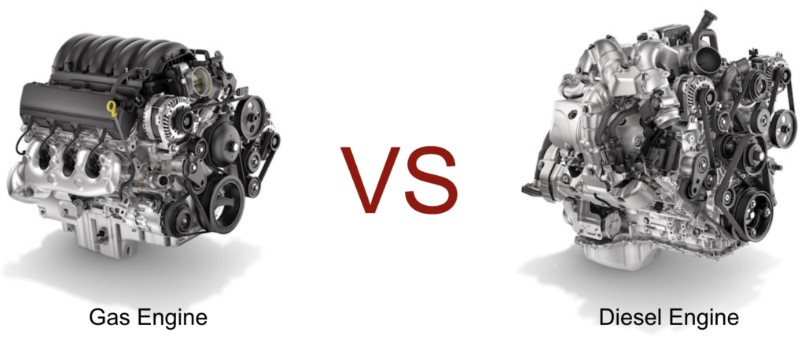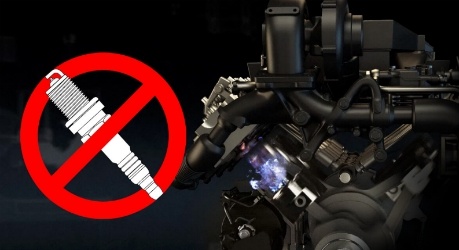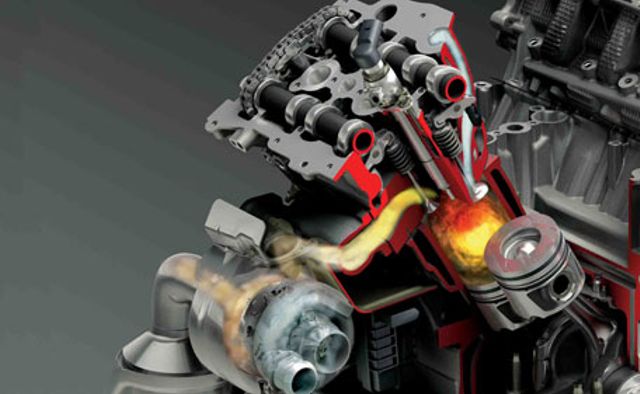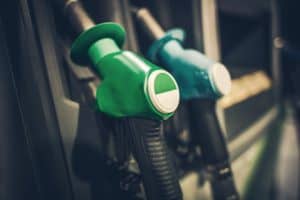Differences Between Diesel and Gas Engines
There are many things to consider when determining whether your next car should have a gasoline powered engine under the hood or one that runs on diesel fuel. There are diesel engines pros and cons, both have advantages and disadvantages, with several differences to take into account.
Unless you’ve owned a vehicle with a diesel engine in the past and already know for certain that this is the type of car you want this time around, you should definitely think long and hard about what it is you want out of your engine and how to best proceed.
Are you going to be driving mostly in an area near your home or do you plan on getting out on the open road and taking some long trips?
Is cost the most important thing to you? How frequently should you have diesel engine maintenance? What about future repairs? Our diesel engine repair San Antonio professionals can give you the best advice.

These are all questions you should be asking yourself before deciding on your next vehicle. It can be a difficult choice to make, but we’ll go over some of the main differences between gasoline and diesel engines so you can make an informed choice prior to heading out to the dealership.
Let’s take a look…
Diesel Engines Don’t Use Spark Plugs

This is in fact one of the main differences between gasoline engines and diesel ones. While vehicles powered by gasoline use spark plugs to ignite the gas, diesel engines instead use the heat of compressed air to serve this purpose.
This is something you’ll want to consider especially if you live in an area that gets colder than usual during the winter months. Diesel engines can sometimes have trouble starting in extreme weather because the compressed air in the cylinder may not be hot enough to ignite the fuel.
Diesel Engines Are More Efficient

If gas mileage is the most important issue for you, then a diesel engine may be a good choice. It’s unquestioned that diesel engines boast better fuel efficiency than gasoline, and they probably always will.
Diesel engines, by their very design, are meant to offer greater overall fuel efficiency than their gasoline counterparts. This is because much higher pressure is created during compression, leading to a more efficient engine.
Diesel Engines Generally Last Longer
If life expectancy is your chief concern, then vehicles with diesel powered engines are the clear winner in this category.

Diesel engines, on average, last about twice as long as gasoline models. And this is largely due to the type of fuel, more so than the design of the engine.
Diesel fuel continuously acts as a lubricant for important engine components, while gasoline offers very little in the way of lubrication.
This has a big effect over the course of your engine’s life, making cars powered by diesel fuel the clear winner in the area of life expectancy.
Diesel Engines Are More Expensive

Diesel engines may last twice as long, but they’re also more expensive on many different fronts.
Not only will you pay more for a diesel powered engine at the dealership, but they’re also more expensive to repair when things go wrong and you’ll probably be paying higher insurance premiums as well.
This is something to definitely keep in mind when out shopping for your next automobile.
Remember that for keeping your vehicles operating in a good enough condition so that they are safe fleet maintenance is always a must!


